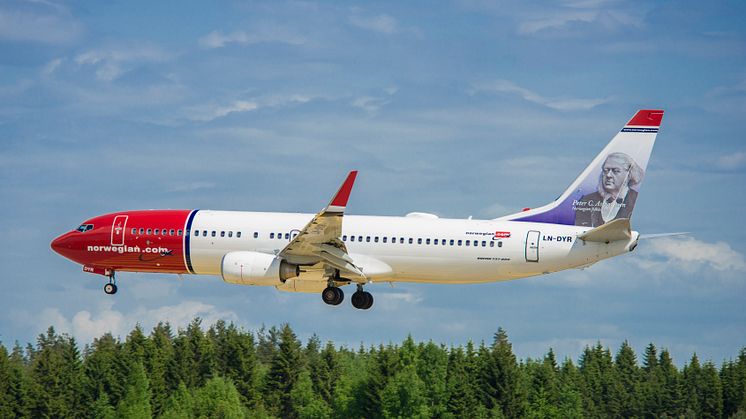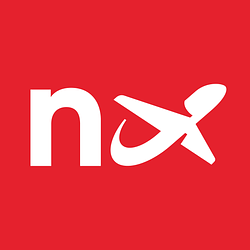
Blog post -
New blog: A greener fleet – why low-cost travel can also mean lower emission flights
At Norwegian, our aim is to make aviation carbon neutral by 2050. Having one of the youngest, most environmentally friendly fleets in the world with an average age of just four years is key to this environmental approach.
We take pride in being a low-cost airline because we believe that everyone should be able to fly. But low-cost does not only mean affordable fares, it also means comfortable and environmentally friendly flights. That is why new, more environmentally friendly and comfortable aircraft are central to our plans.
Since 2008, our fleet renewal program has enabled us to reduce our CO2 emissions by 30 per cent and we are committed to being progressive and thinking long-term.
That is why we have more than 250 new aircraft on firm order and have recently announced a huge order for 19 new Dreamliner aircraft – not only will these new aircraft allow us to offer exciting new low-cost routes and the best possible passenger experience, they will also help us to continue our environmentally friendly approach.
Technological improvements beyond the actual aircraft also contribute to a greener aviation industry. New technology enables us to fly shorter distances between airports and allows new, smoother and safer approaches.
At Norwegian, not only are we constantly looking for ways to improve our passengers’ travel experience, we also take deep pride in being able to offer one of the most environmentally friendly fleets in the world – new aircraft are a crucial part of that and will continue to be at the heart of our plans.
Bjørn Kjos, CEO Norwegian

